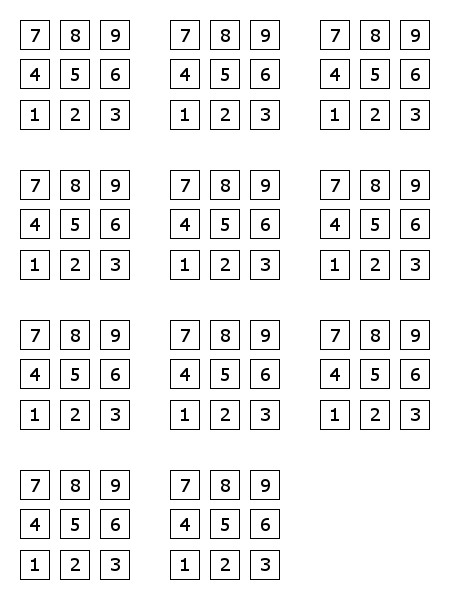This is in the spirit of the What is a Word/Phrase™ series started by JLee with a special brand of Phrase™ and Word™ puzzles, and the likewise inspired What is a Number™ series.
If a number conforms to a special rule, I call it a Reversible Number™. If it doesn't, it might be an Irreversible Number™.
Use the following examples below to find the rule.
| Reversible number™ | Non reversible number™ |
|---|---|
| 123 | 213 |
| 348 | 537 |
| 761 | 879 |
| 2485 | 2639 |
| 4762 | 4519 |
| 7249 | 7564 |
| 16983 | 16938 |
| 52769 | 85372 |
| 89572 | 92134 |
| 215743 | 281397 |
| 634927851 | 564173982 |
Here is a CSV version:
Reversible number™,Non reversible number™
123,213
348,537
761,879
2485,2639
4762,4519
7249,7564
16983,16938
52769,85372
89572,92134
215743,281397
634927851,564173982
These are not the only examples of Reversible Numbers™ (or Irreversible Numbers™), more can be found.
What rule defines Reversible Numbers™? What separates Reversible Numbers™ and Irreversible Numbers™ from all other numbers?


